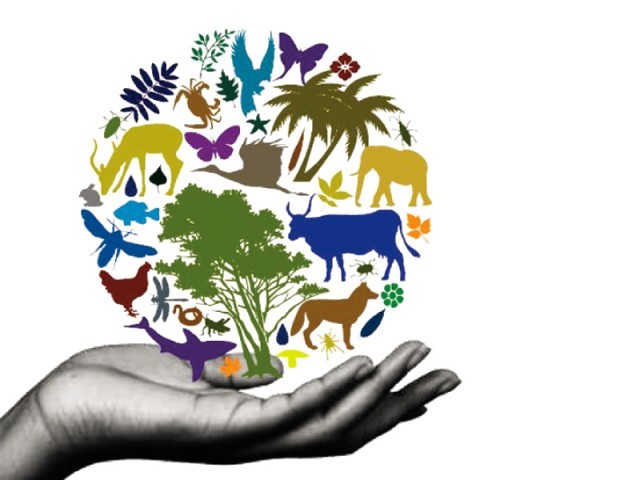(单词翻译:单击)
Moreover, much of taxonomists' time is taken up not with describing new species but simply with sorting out old ones. Many, according to Godfray, "spend most of their career trying to interpret the work of nineteenth-century systematicists: deconstructing their often inadequate published descriptions or scouring the world's museums for type material that is often in very poor condition." Godfray particularly stresses the absence of attention being paid to the systematizing possibilities of the Internet. The fact is that taxonomy by and large is still quaintly wedded to paper.
而且,分类学家的许多时间不是用于描述新的物种,而是完全用于整理旧的物种。据戈弗雷说,许多人“把大部分职业生命用来解释19世纪分类学家的成就:拆析他们已经发表的、往往是很不充分的描述。或者跑世界上的博物馆寻找资料,而那些资料又往往处于很糟糕的状态”。戈弗雷尤其强调对使用互联网来分类的可能性不够重视。实际情况是。总的来说,分类学仍按老一套停留在纸上。
In an attempt to haul things into the modern age, in 2001 Kevin Kelly, cofounder of Wired magazine, launched an enterprise called the All Species Foundation with the aim of finding every living organism and recording it on a database. The cost of such an exercise has been estimated at anywhere from $2 billion to as much as $50 billion. As of the spring of 2002, the foundation had just $1.2 million in funds and four full-time employees. If, as the numbers suggest, we have perhaps 100 million species of insects yet to find, and if our rates of discovery continue at the present pace, we should have a definitive total for insects in a little over fifteen thousand years. The rest of the animal kingdom may take a little longer.
为了使事情跟上时代,《连线》杂志两位主办人之一凯文·凯利于2001年发起成立一个组织,名叫“所有物种基金会”,旨在发现每一种生物并把它记录在数据库里。据估计,这么搞一下的费用从13亿到高达300亿英镑不等。到2002年春,这个基金会只有75万英镑资金,4名全职人员。这些数字表明,要是有l000万种昆虫尚待发现,要是发现的速度还是停留在现在的水平,要确切搞清全都昆虫的种类就需要l5000多年。要搞清动物界的其他部分则需要更长的时间。
So why do we know as little as we do? There are nearly as many reasons as there are animals left to count, but here are a few of the principal causes:
那么,我们为什么只掌握那么一点儿情况呢?原因差不多与有待清点的动物数量一样多,下面列出几个主要原因。


